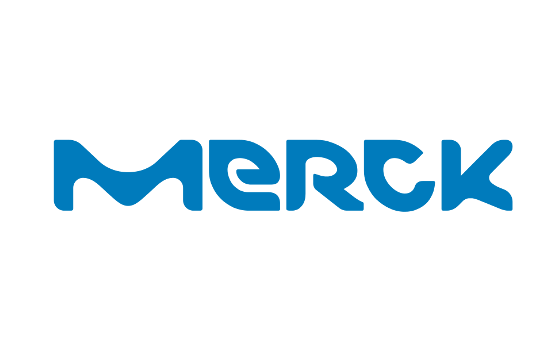 Merck, a leading science and technology company, today announced that it has been granted Patent No. US 10,193,695 by the United States Patent and Trademark Office (USPTO). The patent relates to the formation of 'crypto-objects', a novel security procedure linking Artificial Intelligence (AI) and blockchain technology.
Merck, a leading science and technology company, today announced that it has been granted Patent No. US 10,193,695 by the United States Patent and Trademark Office (USPTO). The patent relates to the formation of 'crypto-objects', a novel security procedure linking Artificial Intelligence (AI) and blockchain technology.
"This new patent continues to build on momentum gained through earlier patents. Our heritage in the security materials business makes our company an expert in the sector. Merck is now spearheading the development of blockchain technologies that focus on a combination of physical objects and digital security. This will have implications for all industries that depend on reliable product authenticity, such as safety-critical supply chains in the pharma and food sector," said Isabel De Paoli, Chief Strategy Officer at Merck.
The new technology uses machine learning to link physical objects to a blockchain through their own unique identifiers or ‘fingerprints‘. Any unique feature can be used as a fingerprint, such as a chemical signature, DNA, or image patterns. The patented technology paves the way for established identification processes (for example barcode scanners or mass spectrometry) to be combined with blockchain and machine-learning technologies to provide a novel, integrated security approach and thus certainty and defense to businesses.
To date, Machine-to-Machine readability has been the standard approach to connecting objects to digital supply chain workflows. Now, the new concept covered by Patent No. US 10,193,695 makes Machine-to-Object readability possible by linking AI and blockchain technology. This latest patent follows Patent Nos. US 10,002,362 and US 10,002,277, which include the integration of physical materials into the digital world, the protection of the corresponding hardware and most notably, the enhancement of existing security functions.
The need for enhanced supply chain integrity through new technologies has become increasingly important, as highlighted by a recent report issued by PricewaterhouseCoopers.[1] The World Health Organization estimates that over 50% of medicines purchased on illegal websites are fake.[2] Not only healthcare, but also other industries face similar challenges from the growing counterfeit trade. For example, nearly one in five mobile phones shipped internationally is fake.[3]
"This novel technology of combining physical products with blockchain will support the security interests of businesses and their products by offering them new methods of tracking their supply chain through blockchain, Internet of Things and connected workflow environments. It is also likely to eliminate inefficiencies in their existing systems," De Paoli said.
The patented technology is being developed by an innovation project in the Merck Innovation Center, which aims to grow ideas into viable new businesses beyond the current scope of the company's activities. In accordance with a company builder approach, it provides dedicated support, clear governance and decision making in a protected start-up-like environment to efficiently grow and scale innovation projects. By offering such a protected innovation ecosystem, the Innovation Center builds the bridge between the agility of a start-up and the more complex processes of an established corporate group.
About Merck
Merck, a leading science and technology company, operates across healthcare, life science and performance materials. Around 51,000 employees work to make a positive difference to millions of people's lives every day by creating more joyful and sustainable ways to live. From advancing gene editing technologies and discovering unique ways to treat the most challenging diseases to enabling the intelligence of devices - Merck is everywhere. In 2017, Merck generated sales of € 15.3 billion in 66 countries.Scientific exploration and responsible entrepreneurship have been key to Merck’s technological and scientific advances. This is how Merck has thrived since its founding in 1668. The founding family remains the majority owner of the publicly listed company. Merck holds the global rights to the Merck name and brand. The only exceptions are the United States and Canada, where the business sectors of Merck operate as EMD Serono in healthcare, MilliporeSigma in life science, and EMD Performance Materials.
1. PricewaterhouseCoopers. Fighting counterfeit pharmaceuticals: New defenses for an underestimated - and growing - menace. Available at: https://www.strategyand.pwc.com/report/counterfeit-pharmaceuticals Last accessed November 2018.
2. World Health Organization. Growing threat from counterfeit medicines. Available at: https://www.who.int/bulletin/volumes/88/4/10-020410/en/ Last accessed November 2018.
3. OECD. One in five mobile phones shipped abroad is fake. Available at: http://www.oecd.org/trade/one-in-five-mobile-phones-shipped-abroad-is-fake.htm Last accessed November 2018.